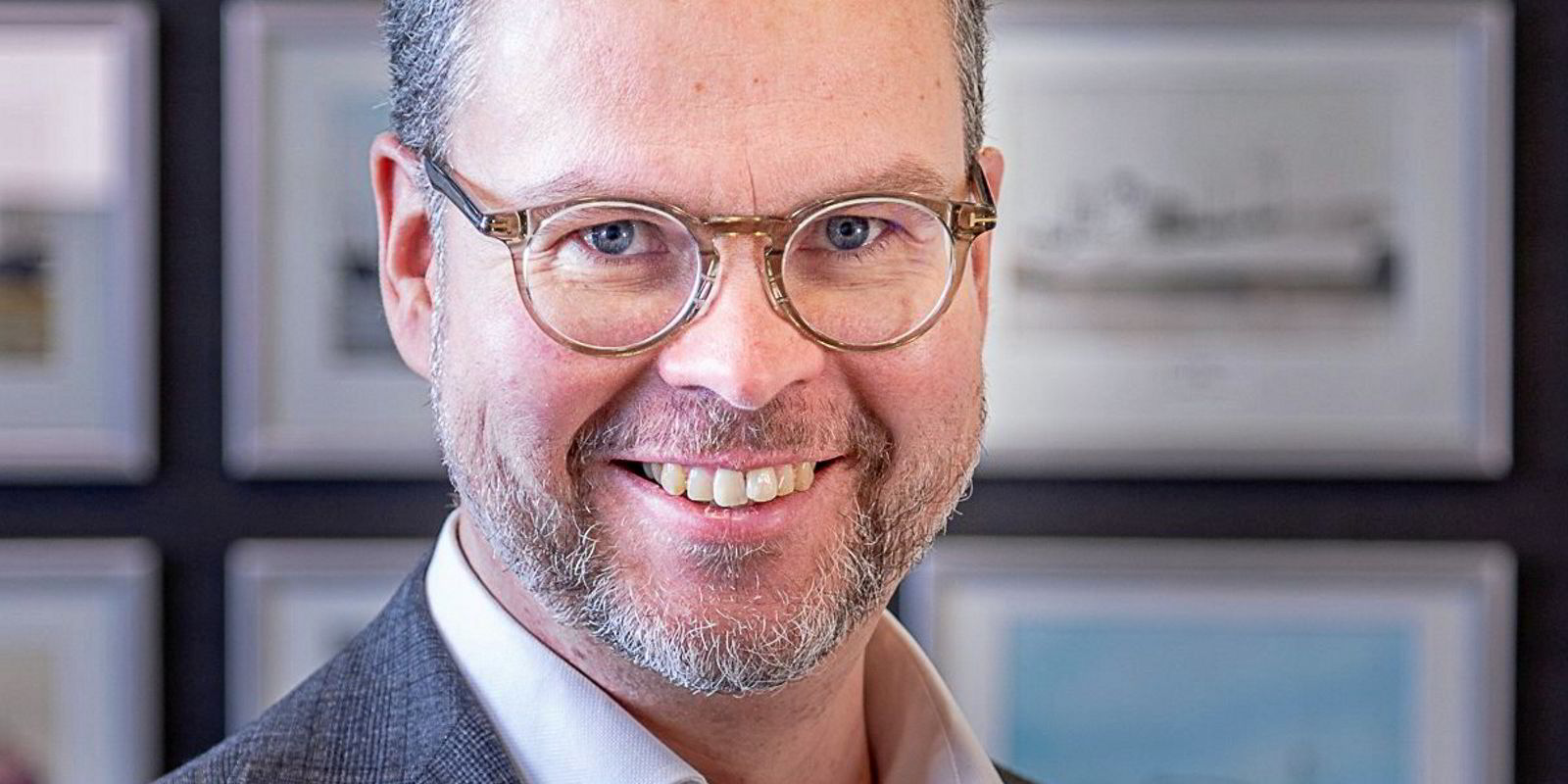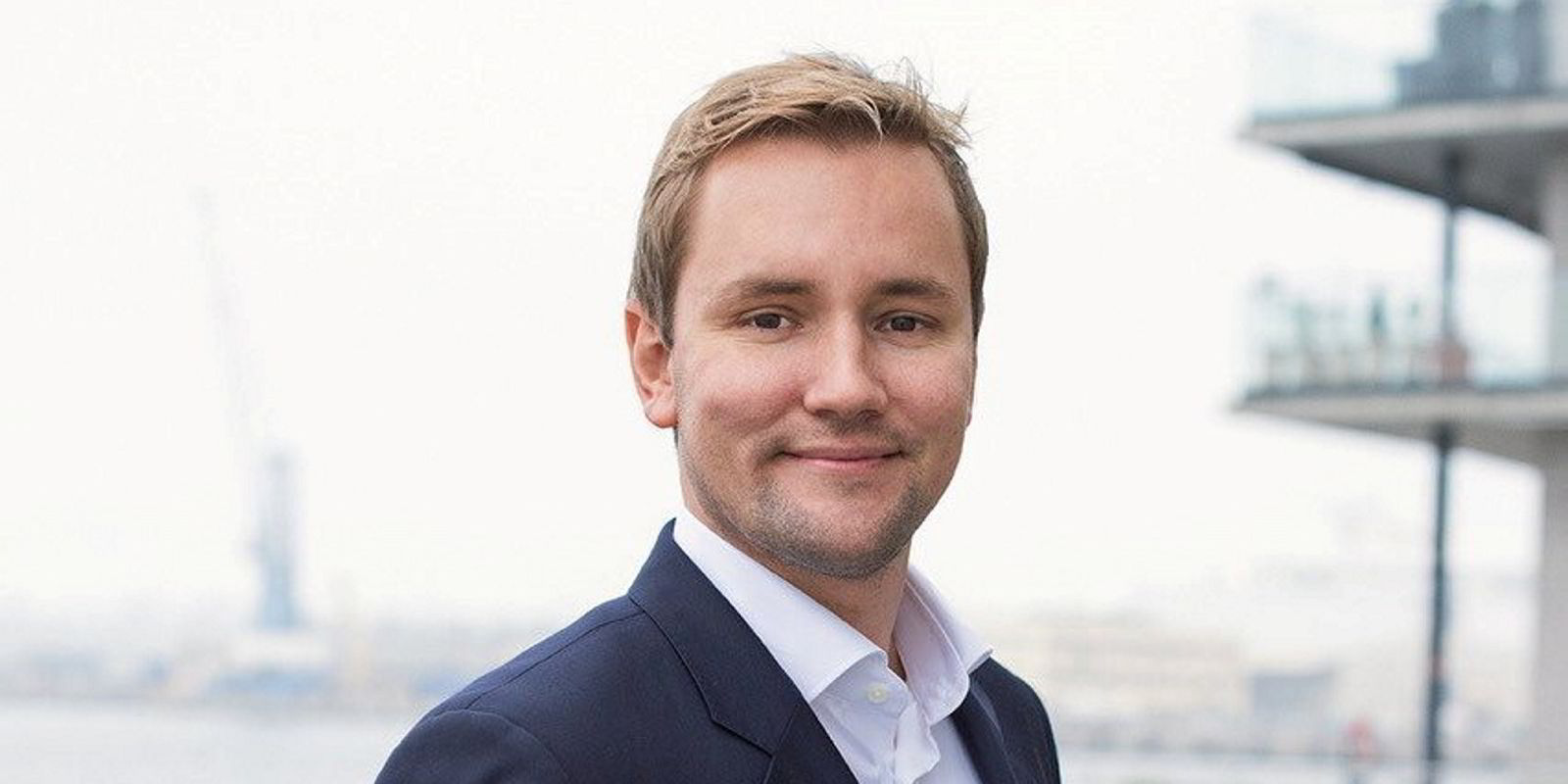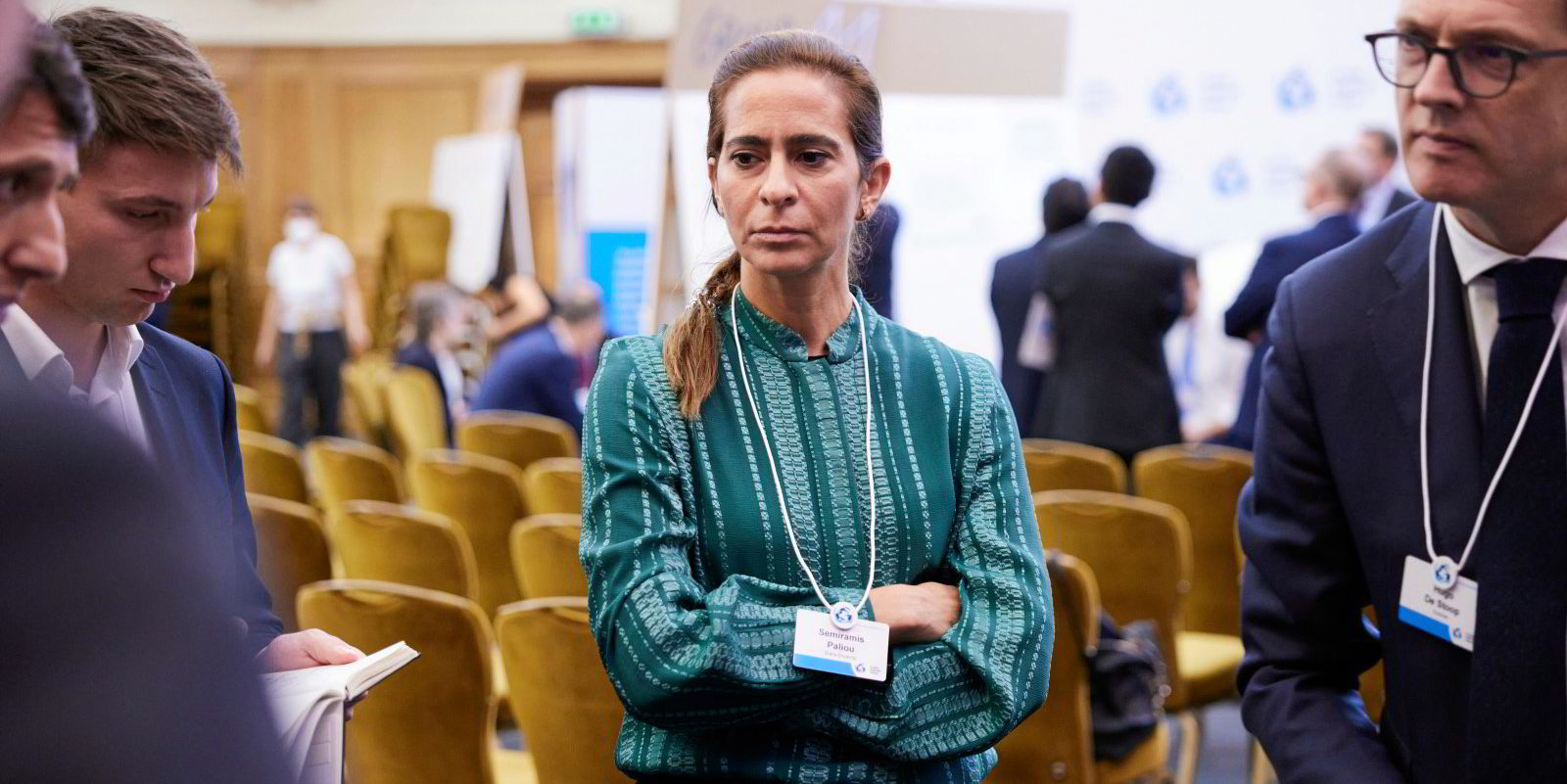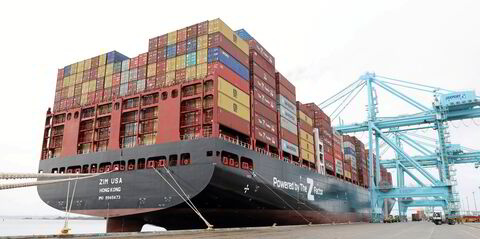Finland’s ESL Shipping wants to bring together investors to order zero-emission bulkers while selling its biggest vessels.
The moves are part of a plan by Finnish-listed parent Aspo to accelerate the shipping company’s green transformation.
Aspo said environmentally friendly industrial and green energy investments in the Baltic Sea region will be worth tens of billions of dollars over the coming years.
“The green transition will substantially enlarge ESL Shipping’s market and offer significant growth opportunities, and subsequently require new financing models,” the group added.
The aim is to assess a selection of alternative measures, including the launch of a new investment pool for fossil-free vessels.
A minority shareholder could also pump money into ESL, and its two supramaxes will be sold.
The 56,000-dwt Arkadia and Kumpula (both built 2012) are worth between $17m and $18m each, according to VesselsValue.
“Aspo will in all scenarios remain as a committed majority owner of ESL Shipping,” the parent added.
Investments will also be made in fossil-free technologies.
The target is to halve ESL’s CO2 emissions by 2030 and reach net zero by 2050.
The owner will focus on handysize and coaster markets primarily in the Baltic Sea area.
Win-win for environment and profits
“Investments in business intelligence improve the operational efficiency of transportations and translate into customer value,” Aspo said.
“The use of new financial instruments, such as pooling of vessel investments, accelerates company growth and improves financial return,” the company added.
There is no set deadline for the measures to be implemented.
“ESL Shipping has already made great progress executing its low-carbon growth strategy that combines investments in the most environmentally friendly technologies with renewed financing solutions,” said Aspo chief executive Rolf Jansson.
“Now we aim to enable the next step on this journey, further strengthening its financial performance, customer serving capability and future positioning,” he added.
“This is a fantastic opportunity for both ESL Shipping’s personnel and key customers. The main target is to facilitate continued future growth, driven by the green transition,” said ESL managing director Mikki Koskinen.
Innovative ships on order
ESL’s Swedish subsidiary AtoB@C Shipping has 12 electric bulkers of 5,350 dwt each on order at Chowgule Shipyard in India.
The ice-class 1A vessels will cut greenhouse gas emissions, including CO2, by nearly half compared to existing ships.
Battery packs, shoreside electricity capacity and electric hybrid propulsion will mean emission-free and noise-free port calls.
Six of the ships have been sold on to a company formed by a group of unnamed investors.
The total amount of ESL’s own investment will remain at six ships costing €70m ($69.6m).
And last year, the owner set up a new long-term pool called GreenCoaster for energy-efficient electric hybrid vessels, together with the group of investors consisting of institutional and private interests.
The ESL fleet now stands at 41 vessels, 23 of which are wholly owned and make up 80% of the 425,000-dwt fleet capacity.
Two more are minority-owned, and there are 16 ships chartered in.





